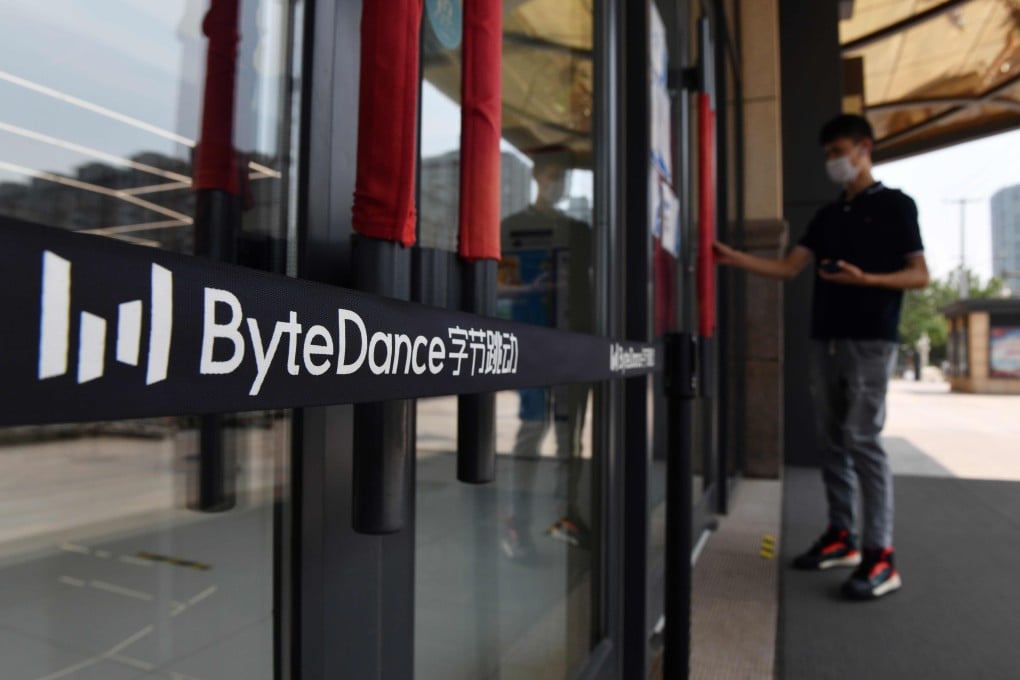China antitrust: ByteDance and Tencent legal battle seen as potential landmark case
- In the past, few plaintiffs have successfully won cases relating to abuse of market dominance, says an analyst
- The legal environment for monopoly cases could be set for change after Beijing named antitrust as one of its top agenda issues for 2021

ByteDance and Tencent Holdings, China’s largest players in content, entertainment and social media, have been engaged in a public battle since 2019 when WeChat, Tencent’s social network and messaging app, blocked links to Douyin, the Chinese version of TikTok.
On Tuesday, the Beijing-based tech giant, which owns TikTok and its domestic version Douyin, filed a lawsuit with the Beijing Intellectual Property Court alleging that Tencent violated Chinese antitrust laws by restricting access to content from Douyin. It also asked for 90 million yuan (US$14 million) in compensation.
Tencent released a statement on WeChat saying that it has not received any documents regarding the lawsuit, adding that ByteDance’s allegations were “untrue” and “malicious slander.” It also vowed to countersue its rival, alleging that ByteDance has damaged its platform ecosystem and violated user rights.
“I think the significance of this case is more than just [rivalry] between Tencent and ByteDance. It should be considered from the perspective of broader anti-monopoly judicial litigation. In fact, there haven’t been enough typical cases [in this area],” said Zhai Wei, executive director of the Competition Law Research Centre of East China University of Political Science and Law.

In 2017, e-commerce giant JD.com sued Alibaba Group Holding, alleging that its Tmall site restricted certain merchants from operating their online shops on rival platforms. The case is still pending. (Alibaba is the owner of the South China Morning Post.)